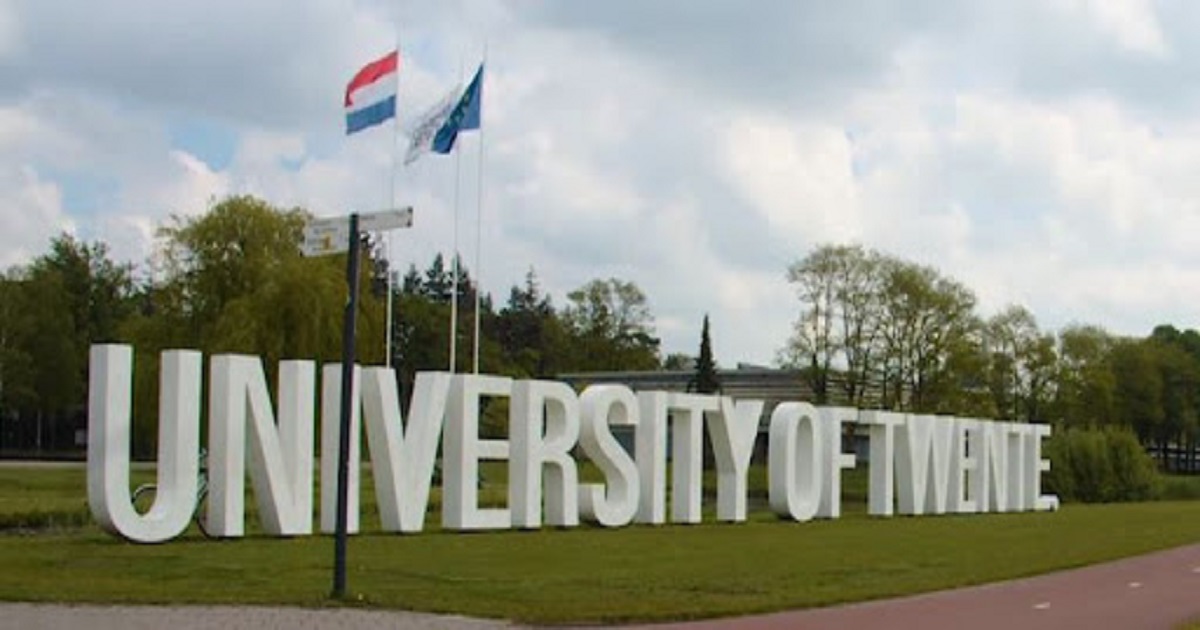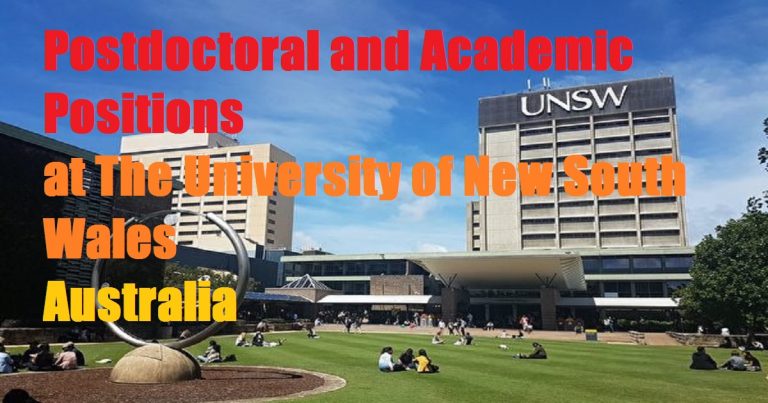
The challenge
Rolling bearings are crucial for the transmission of force(s) while permitting controlled motion at low friction and high reliability. Increasing high demands regarding sustainability and energy efficiency drive the need for continuous reduction of energy losses. Further reduction of friction in the bearings, even by a small amount, immediately translates in an increased energy efficiency of the application. However, the fatigue life of bearings (Rolling Contact Fatigue) can not be compromised. Therefore it needs to be accurately predictable for maintenance and control. Unexpected failure may have dangerous and expensive (downtime, replacement) consequences. Current challenges are to achieve friction reductions while operating conditions are becoming more severe, e.g. as a result of electrification in automotive applications where the generally larger accelerations lead to higher loads and speeds for the bearings.
As motion of superfluous lubricant in the bearing also directly contributes to friction, the lubrication conditions tend to become more lean (and sometimes heavily starved) due to reduced (minimized, intermittent) availability of increasingly thin lubricant by micro-amount lubrication systems. Yet, the lubricant reduction needs to be carefully balanced against the cooling function also fulfilled by the lubricant, and as mentioned above, the possible effects on fatigue life need to be accurately predicted.
This project aims to develop advanced simulation methods and engineering rules necessary for integrated analysis of fatigue life and lubrication performance of roller raceway contacts in (high speed) bearings in relation to time varying starved inflow conditions of a very local nature, e.g. generated by minute drops from micro-dosage or drop-on-demand systems, and their interaction with surface roughness. You will work with top experts in the field of Elasto-Hydrodynamic Lubrication, and develop Multigrid/Multilevel methods to very efficiently solve a 3D mechanical contact problem simultaneously with the thin layer lubrication flow of trains of droplets. The novelty in this project is also that the effects of material topology as grain structured heterogeneous anisotropic material with varying crystallographic orientation will be incorporated. In addition there will also be room for experimental validation of the micro droplet lubrication spreading on the surface. The project will deliver new knowledge, theoretical and experimental, and engineering tools for (improved) prediction and design, but also for computational analysis of specific material topology aspects, e.g. inclusions and grain size and structure in steel, but also in ceramics, and composite materials. The developed methodology is very well suited for computational diagnostics based actual tomographic/EBSD data as input.
YOUR PROFILE
- Ideal for a candidate with strong interests in multidisciplinary research, and in numerical methods as well as experimental research. You have:
- A master’s degree in Mechanical Engineering or Physics
- A keen interest in, and good working knowledge of, numerical simulation methods, and experience in coding yourself e.g. in C/C, or Python, or the willingness to pick this up quickly.
- Eager to transfer your knowledge and results in writing in technical reports and/or scientific papers. Good level of English, both spoken and in writing.
- You have the ability to work independently.
- You are excited about learning from and contributing to a highly motivated diverse research team that consists of scientific staff, MSc students, PhD candidates and post-docs.
OUR OFFER
· During this cross-disciplinary project you will acquire unique expertise and outstanding skills through close contact with academic collaborators.
· The university offers a dynamic ecosystem with enthusiastic colleagues in which internationalization is an important part of the strategic agenda.
- We offer a four-year fulltime PhD position.
- We provide a stimulating, modern research environment with world-class research facilities.
- You will be part of a dedicated team with which you will collaborate extensively with industry.
- A starting salary of € 2.541,- gross per month in the first year and increasing to € 3.247 gross per month in the fourth year.
- An annual holiday allowance of 8% of the gross annual salary, and an annual year-end bonus of 8.3%.
- A solid pension scheme.
- Minimum of 29 leave days in case of full-time employment.
- We provide excellent mentorship and a stimulating research environment to accelerate your further professional and personal growth.
- The University of Twente is situated on a green and lively campus with excellent facilities for sports and other activities.
- Your first responsibility is to carry out the research, but you are also encouraged to acquire teaching experience. We support you to broaden your knowledge by joining international exchange programs, by participating in national and international conferences and workshops and by visiting industrial companies, research institutes, and universities worldwide.
INFORMATION AND APPLICATION
You are welcome to contact Prof. Dr. ir. C.H.Venner: [email protected] for any questions you might have.
Please upload your application via the ‘Apply now’ button. Your application must include:
- A cover letter exposing the candidate motivation for this position.
- An up-to-date CV, detailing work experience and research and academic achievements
- Transcript of records (applicant’s ranking and marks) for both Bachelor degree and Master degree.
- At least two reference letters from a (former) supervisor, professor, or a manager with contact information.
Only complete submissions that include all the aforementioned documents will be considered for future processes.
A first selection will be made based on this written application. A selected group of applicants will be invited for an interview.
The application deadline is august 14, 2022.
A Game-Based assessment will be also part of the selection procedure.


